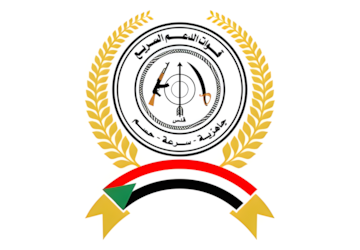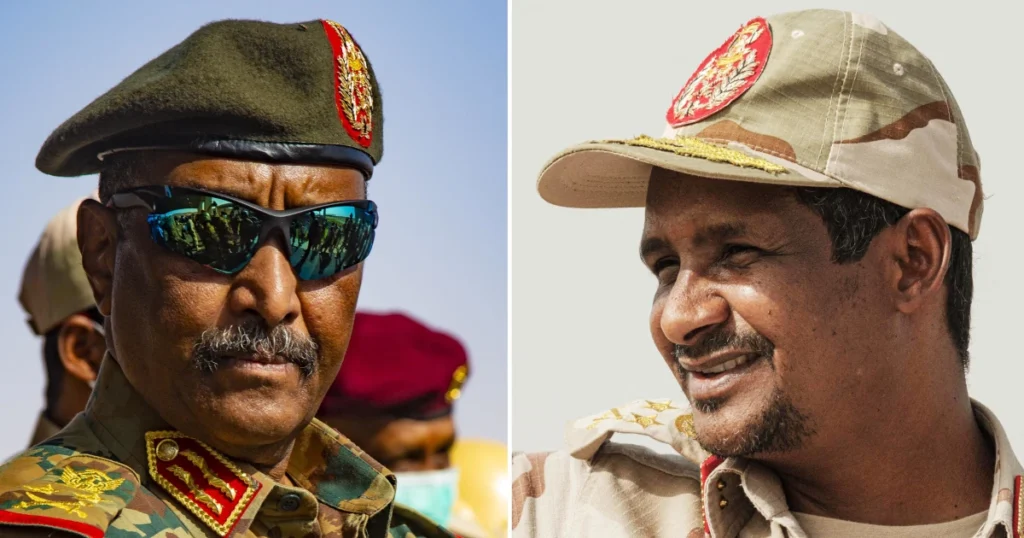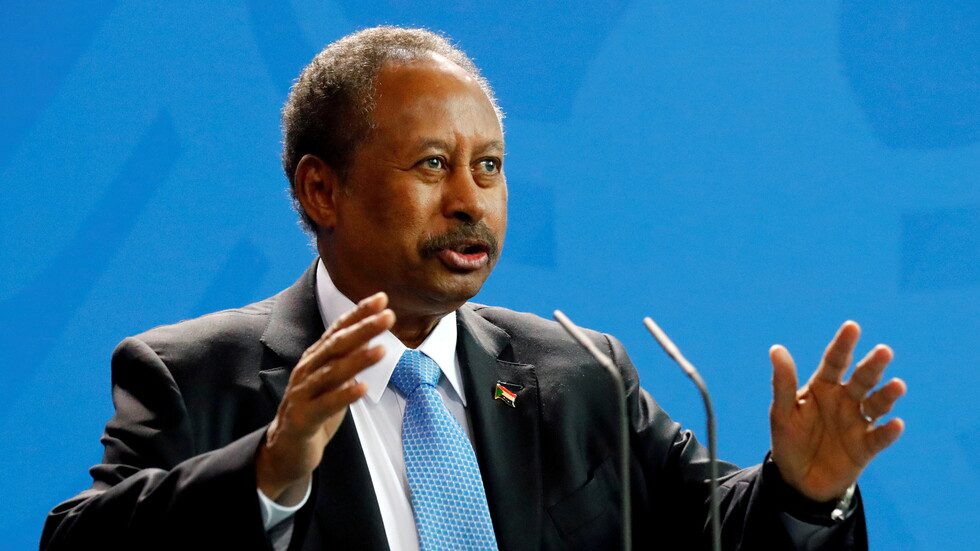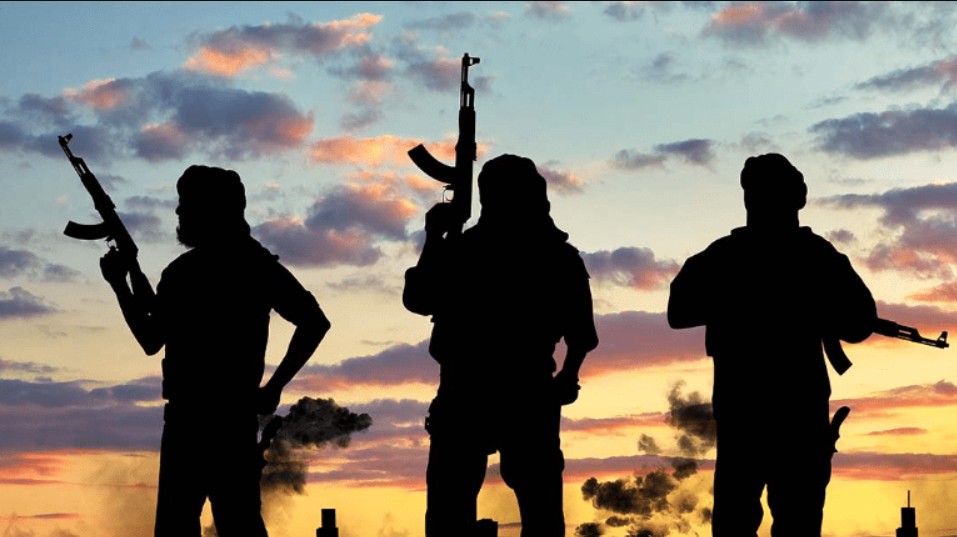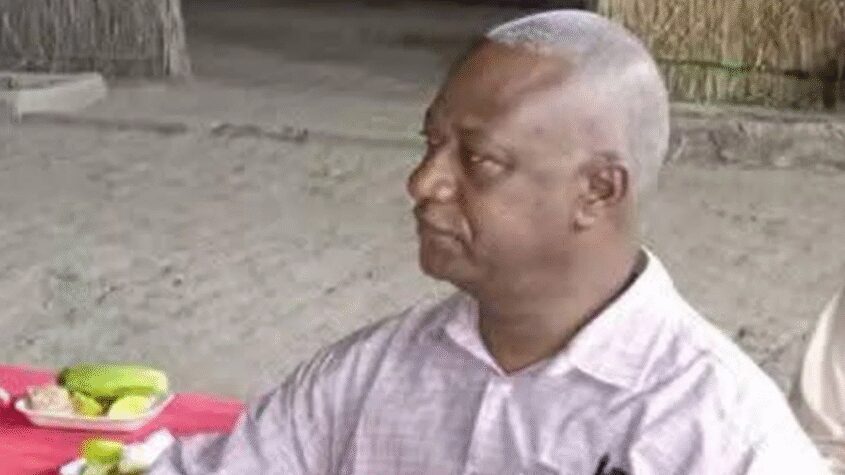
Sudanese activists and lawyers have condemned a death sentence handed to Bakri Mansour, an attorney and member of the Sudanese Congress Party, calling it a severe setback for justice and a sign of mounting political interference in the courts.
A judge identified by the party as Abdulatif Adam Mohamed Ali, serving under Port Sudan SAF junta at the Sinja court, issued the ruling on Sunday on charges of “collaboration with the Rapid Support Forces (RSF)” and “undermining the constitutional order.” Mansour had previously received a life sentence in the same case.
The party and Mansour’s defense team say the hearing went ahead without his lawyers present and without the judge reading the reasoning or allowing a defense plea. They add that lead counsel Abu Bakr al-Mahi was detained by security services five days before the session, while the defense had been told the next hearing would be on 9 October—only to learn the verdict was delivered earlier in their absence. One attorney said he stumbled upon the session by chance and arrived as the judge read the decision, with no evidentiary arguments heard.
The case triggered a wave of solidarity on social media and sharp criticism from legal figures and former union members, who warned of a dangerous precedent that could pave the way for executing political opponents under judicial cover. The Sudanese Congress Party’s legal bureau denounced the ruling as a “judicial travesty and an odious crime,” accusing Port Sudan authorities of systematically weaponizing the judiciary to sideline rivals and roll back the goals of the December Revolution.
In its statement, the party alleged that recent moves by the Constitutional Court enabled commutation of life sentences to capital punishment, framing the shift as overtly political. It held Port Sudan authorities responsible for Mansour’s safety and for the welfare of thousands it says are being detained without legal basis, vowing to challenge the verdict through lawful political, civic and legal avenues.
Observers critical of the military say that since Gen. Abdel Fattah al-Burhan consolidated power, state institutions—including the judiciary—have been reshaped with figures close to the SAF installed in sensitive posts. They point to the stalling of investigations into the 2019 Khartoum sit-in massacre and the obstruction of the committee tasked with dismantling Omar al-Bashir’s regime. Courts, they argue, are being used to prosecute activists and civilian leaders on charges such as “undermining the constitutional order,” “terrorism,” or “assisting the RSF,” while cases involving abuses by security forces are delayed or closed. UN reporting and rights-group assessments have likewise warned that military interference in the justice system is undermining any path toward civilian transition.

